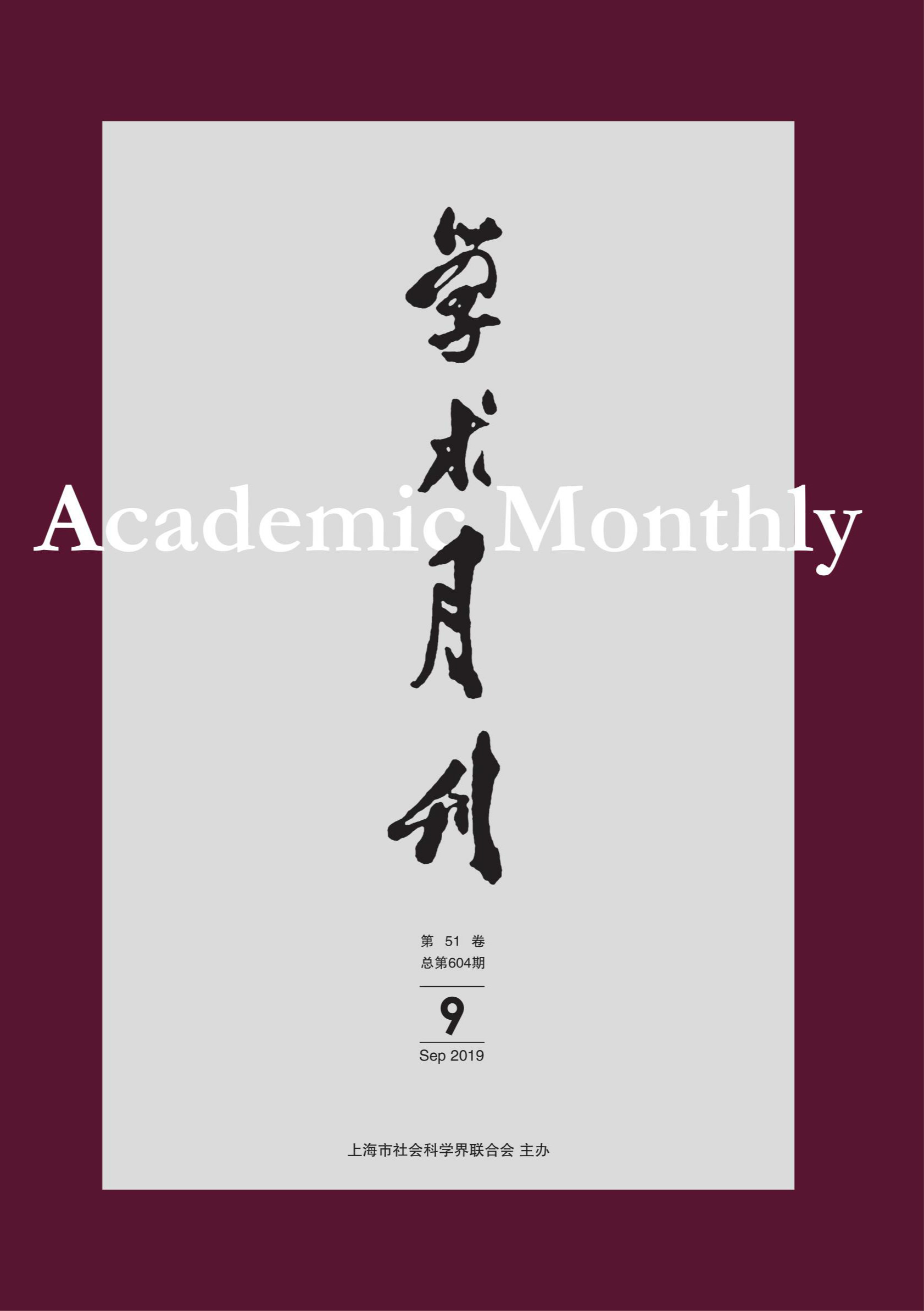Citation:
Jiming CAI, Minsi ZHENG and Mengxing LIU. The Criteria for Judging Whether China Economic and Social Development Plans are Scientific and Reasonable[J]. Academic Monthly, 2019, 51(9): 46-56.

The Criteria for Judging Whether China Economic and Social Development Plans are Scientific and Reasonable
-
Abstract
Judging China’s econmic and social development planning includes seven criteria: whether it embodies human-oriented scientific concept of development, whether it meets the basic situation of our country, whether it gives preference to public interest, whether the market plays a decisive role in the allocation of resources, whether it aims at providing public goods for externalities (market failure), whether it has established an incentive compatibility mechanism between central government and local government and between government and civil society, whether it sets the discretion of local governments in a reasonable range. They are not only the criteria for judging whether various economic and social development plans including the “Thirteenth Five-Year Plan for National Economic and Social Development” are scientific and reasonable, but also the basic principles for formulating new economic and social development plans in the future, especially the “Fourteenth Five-Year Plan for National Economic and Social Development” which has already been launched.
-

-
References
-
Access
-
-
[1]
Fei GAO
. Difficult Position and Its Countermeasure Suitable to the Terms of Public Interests in Land Collection. Academic Monthly,
2020, 52(4): 109-117.
-
[2]
Xin HE
. Study on Law with Experience:Based on External Perspectives of Social Sciences. Academic Monthly,
2021, 53(3): 106-113.
-
[3]
Leiming DONG
, Song ZOU
. Autonomy of Village Community and Internalization of External Resources: A Case Study of A Village in Jiangxi Province. Academic Monthly,
2020, 52(6): 71-83.
-
[4]
. . Academic Monthly,
2017, 49(03): 102-111.
-
[5]
Siyou GE
. On the Vacillations of Public Justification. Academic Monthly,
2020, 52(7): 14-23.
-
[6]
. . Academic Monthly,
2017, 49(08): 80-87.
-
[7]
Ji ZHAO
. Complexity and the Reconstruction of Public Administration. Academic Monthly,
2023, 55(2): 80-91.
-
[8]
Yanhong LIU
. To Promote the Development of the Discourse System of Criminal Law by Scientific Legislation. Academic Monthly,
2019, 51(4): 94-105.
-
[9]
Shuisheng CHEN
. Public Policy Failure and Its Prevention: An Integrated Analysis Framework. Academic Monthly,
2022, 54(2): 91-102.
-
[10]
GAO Fan
. . Academic Monthly,
2018, 50(6): 57-66.
-
[11]
Xiaoliang ZHOU
. Inclusive Green Development: Theoretical Interpretation and Institutional Support System. Academic Monthly,
2020, 52(11): 41-54.
-
[12]
. . Academic Monthly,
2017, 49(04): 28-41.
-
[13]
Han LIU
. The External Dimension of Domestic Public Law: The Deep Logic of American Geopolitical Constitution. Academic Monthly,
2018, 50(12): 97-107.
-
[14]
HE Da’an
. The Future Development of Digital Economy and the Vision of Market-typed Planned Economy. Academic Monthly,
2023, 55(6): 38-52.
-
[15]
DENG Zhituan
. New Development Ideas of Urban Economy in the Era of Innovation—— The Theoretically Explain and Empirically Test of “Urban Amenity Attracting Talents”. Academic Monthly,
2023, 55(10): 61-74.
-
[16]
Zhiping HU
. Political Economy of the Change of Rural Public Service Supply in China: Development Stage and Government Behavior Framework. Academic Monthly,
2019, 51(6): 53-63.
-
[17]
Yuhong HU
. Reasonable Partition: The Necessary Separating Space in Maintaining Human Dignity. Academic Monthly,
2021, 53(12): 106-120.
-
[18]
. . Academic Monthly,
2016, 48(09): 5-7.
-
[19]
YANG Xianbin
. On Rules for the Fair Use of Private Information and the Optimized Paths. Academic Monthly,
2023, 55(6): 101-115.
-
[20]
. . Academic Monthly,
2017, 49(09): 145-160.
-
-



 沪公网安备 31010102003103号
沪公网安备 31010102003103号 DownLoad:
DownLoad: